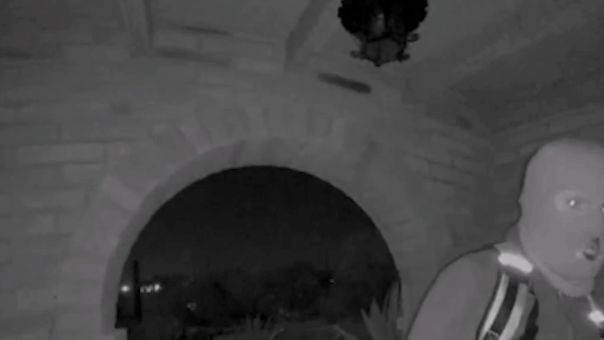WASHINGTON – Senate Democrats unveiled legislation Tuesday providing $6 billion in new disaster aid to help both victims of Hurricane Irene and past disasters dating to Hurricane Katrina.
A Senate Appropriations subcommittee responsible for the Federal Emergency Management Agency's budget approved the measure by voice vote.
At the same time, the measure's author said that with FEMA's disaster aid coffers running dangerously low, it may be necessary to add additional, more immediate disaster aid to a stopgap funding bill that's expected to be enacted before the FEMA funding measure.
The moves in the Democratic-controlled body could spark a battle with tea party-backed House Republicans, who say that Congress should cut federal spending elsewhere to pay for disaster aid.
The $6 billion in disaster relief is for the budget year beginning Oct. 1 and is $4.2 billion above President Barack Obama's February request of $1.8 billion, which has been criticized by both Democrats and Republicans for being too little to help states rebuild from past disasters like hurricanes Katrina, Rita and Gustav and the massive Tennessee floods of last spring, as well as for Joplin, Mo., and the Alabama towns devastated by tornadoes last spring.
The $4.2 billion would be added above spending "caps" set under last month's budget deal. None of the handful of Republicans present at Tuesday's Senate Appropriations panel vote complained about the move.
Sen. Mary Landrieu, D-La., the panel's chairman, said that a more pressing matter was an immediate shortfall in FEMA's disaster relief fund, which was already running low before Irene walloped the East Coast and now contains less than $600 million. Since the 2012 spending measure is unlikely to be enacted into law by the Oct. 1 deadline, Congress may opt to build in a cushion by adding additional disaster funding to the stopgap spending measure, which is needed in order to prevent a government shutdown.
"There is still an immediate problem for this year, for 2011, and we think there's a current shortfall of between $1 billion and $1.5 billion," Landrieu said. "And we're going to work very hard in the next few days to see what we can do to resolve that."
In providing the disaster aid, Landrieu cited a provision in the recent budget pact signed into law last month by President Barack Obama that allows for the aid to be provided as emergency spending outside of other budget limits. The White House says that $6.7 billion is needed to take care of disaster needs next year.
But House Republicans counter that Congress should try to find spending cuts to pay for the disaster relief — as the House did earlier this year when passing its version of the measure, providing almost $3 billion in FEMA disaster funding in the wake of the tornadoes that ravaged Joplin, Mo., and the South this spring. None of the GOP senators at Tuesday's brief session made that case, however.
The Senate version is likely to pass the chamber later this month or in October. The full Appropriations Committee considers it Wednesday afternoon.
"When disasters and emergencies happen, Americans expect their government to respond appropriately and treat them as national priorities," House Speaker John Boehner, R-Ohio, said in a blog post last week. "They also expect their government to spend their dollars wisely, and to make efforts to prioritize and save when possible."
Meanwhile, the underlying spending measure contains a proposed increase in airline ticket taxes of up to $6 for a round trip in order to cover increased security costs at airports. The move would mean that air travelers could pay up to $16 per round trip instead of the present maximum of $10, which is paid by travelers who change planes. For travelers flying nonstop, the fee would be $8 a round trip instead of $5.
Republicans denounced the idea and it could be killed as early as Wednesday when the full Appropriations Committee meets to discuss the underlying spending measure. The fee increase would raise $280 million next year to cover costs such as new bomb-detection machines.









































